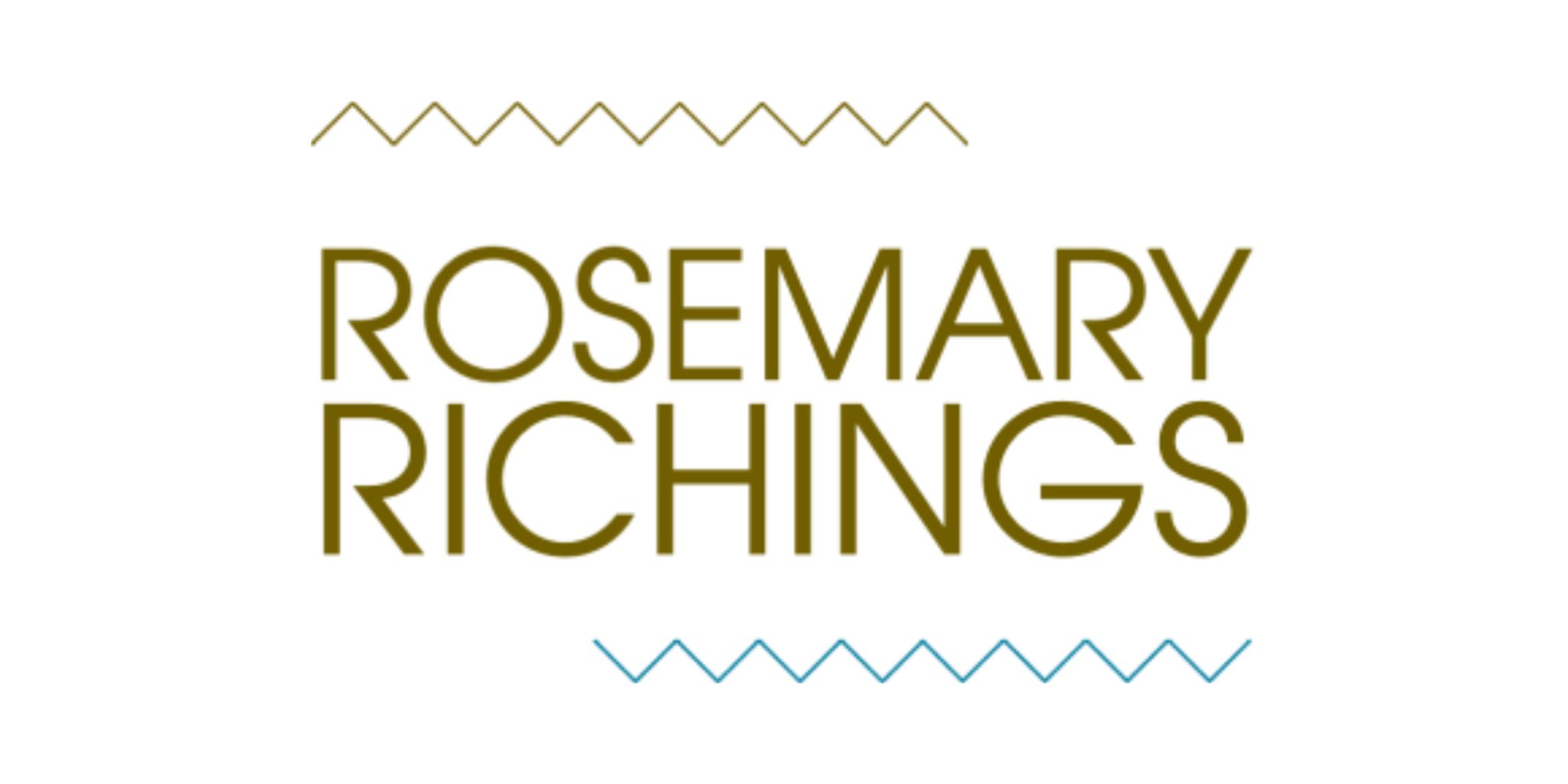It’s normal to feel launch anxiety for everything from product and service launches, to the release of your first blog or podcast. Because it takes guts to put yourself out there. Especially if what you’re offering is personal and meaningful to you. But before we dive into how you can overcome it, let’s talk a little bit about what it is and where it comes from.
Launch anxiety is called a lot of different things but its symptoms are always the same. Still not sure what launch anxiety even is? Entrepreneur offers the following definition:
Anxiety for entrepreneurs is like finding a Starbucks in New York City: It’s there on every corner. When your company is 100 per cent your responsibility, and the success or failure of it is in your hands, you’re always going to feel like you could be doing more or better. You always need to feel connected or in arm’s reach for any situation.
The reason why launch anxiety is such a damaging feeling:
Launch anxiety makes business owners long for a state of perfection that doesn’t actually exist. No matter how good the work you’re putting out there actually is, there’s a voice inside you that says:
“This isn’t good enough.”
I only know that feeling because I’ve been there. Although there’s nothing wrong with caring about your work, eventually you just need to let it go and accept it for what it is. Otherwise, you’ll never sell your first product, or attract your first reader.
Here are some ways you can work around any launch anxiety feelings you might be experiencing. Although this blog post doesn’t replace the work of a licensed therapist, I’m primarily talking based on my own experiences. And that’s pretty important as well!
1) “What if” feelings
It’s impossible to judge how people might react until you’ve gone ahead and launched. So, it’s normal to assume the worst.
However, bouncing ideas off people with mutual values, and struggles that are a lot like your target audience is a great way to work around this. Once you figure out what isn’t working, you’ll be much more likely to launch with confidence. Because the element of mystery and uncertainty will no longer be an issue.
Not to mention, starting early is always a good thing. That way, peoples’ emotional investment and loyalty will be a lot stronger. Sources like any relevant communities you’re part of, and your social media and newsletter followers can make great test subjects.
Because your interest in their needs, will likely lead to them being followers, readers, and customers in the future. Or, at the very least, they’ll likely tell their friends about you (if they had a great experience).
2) Feeling overwhelmed
A huge part of launch anxiety is feeling overwhelmed by how much work there is to make it happen. Yet, the only way to work around that is to create deadlines pre-launch and stick to them.
Make sure that you complete each task in incremental stages rather than all at once. This will make it seems far less daunting, and a lot easier to accomplish. Here are a few systems that I recommend for tracking what needs to be done:
- For visual learners and thinkers, I recommend Trello due to its colour-coded, virtual bulletin-like interface. It’s also drag-and-drop, so the learning curb is minimal. You can use it to track your progress on literally any task.
- Although CoSchedule is a lot more well-known for its social media management features, it also offers a calendar interface. With CoSchedule, you can track content marketing and your weekly to-do list at the same time.
- If you’re more of a spreadsheet and electronic calendar person, you can use G-Suite‘s Google Calendar and Google Doc features to communicate and track launch deadlines and expectations. All you need is a Gmail account to make it work.
If you’re feeling launch anxiety just remember this: you don’t have launch alone.
Don’t be shy about asking for help. For anything you need, chances are there’s a supportive friend or family member, or an independent contractor that can help you. Overall little things can make a huge difference. For example, you can:
- Ask people to take care of children or pets during launch week
- Subcontract a specific task
- Or take advantage of food delivery services in your area, so that you don’t have to go to the grocery store
But what makes stuff like this so important is that it gives you one less thing you “have to” do yourself.
3) Feeling discouraged
I feel like this is an important one to mention because it reminds me of my first few months of freelancing. And chances are, you’ve all experienced this as well.
To hear the word “yes”, you’re going have to hear the word “no” a hundred times in a row. And the harshness of those no’s are what can create the temptation to give up before you’ve even started.
But if I made a dime every time someone said no because I wasn’t cheap enough, and didn’t write or talk in a way that suited someone’s tastes I’d be extremely rich. Because I didn’t let peoples’ harsh feedback discourage me, I’ve had a lot of really great client experiences and written for websites that I deeply admire.
So if you’re tempted to never let your great idea see the light of day because you didn’t get that amazing PR opportunity, grant, or brand partnership here’s something you need to hear:
There’s always someone else you can reach out, and there’s always a new approach you can take.
Rather than letting your feelings prevent your desire to launch, focus on getting your local community interested in what you have to offer. Because that’s what will motivate you to keep going no matter how impossible it might seem.
PS: New articles are published bi-weekly on Mondays. Browse more posts:
50+ B2B articles →
100+ writer-to-writer articles →




